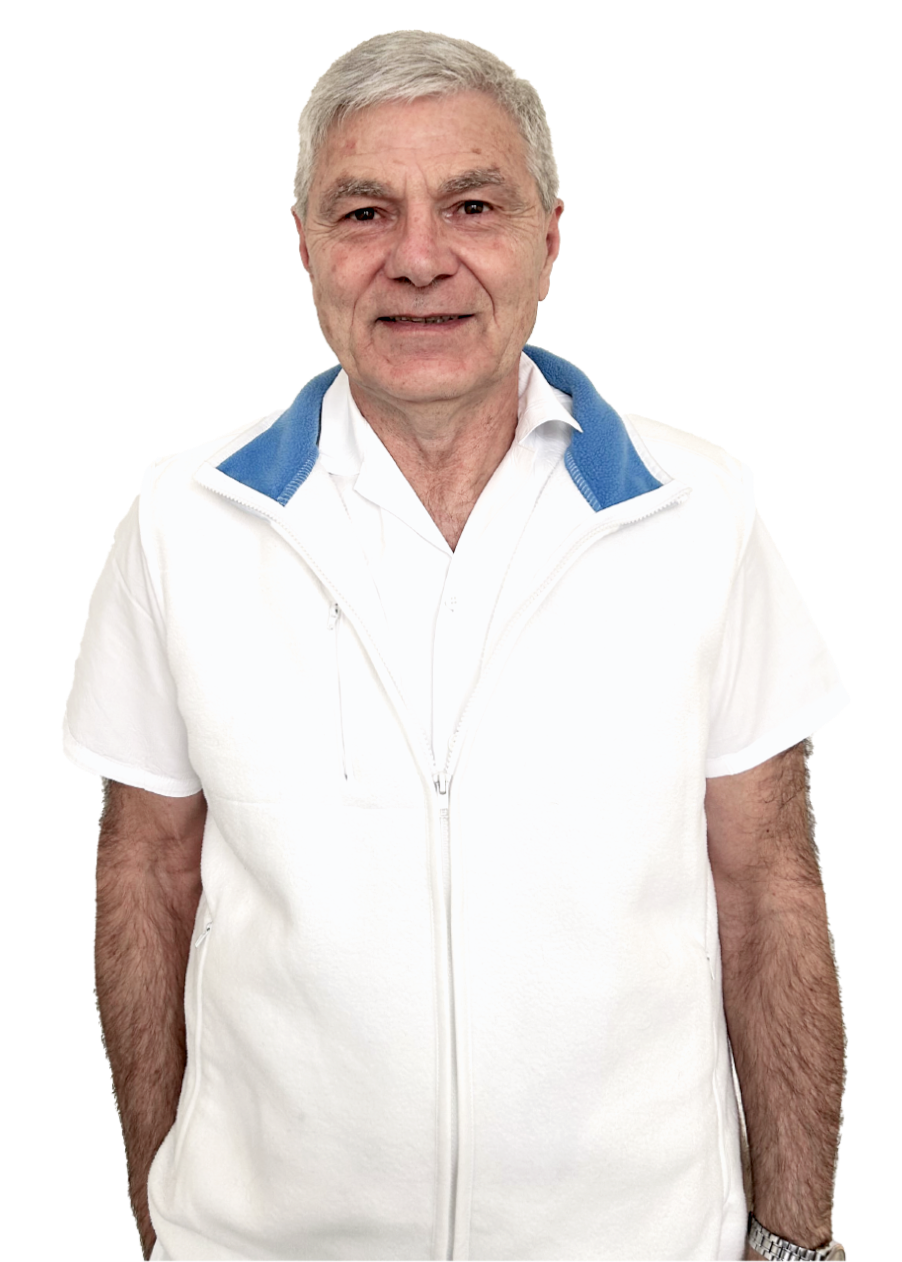The presence of a pulse rate of more than 220/minute
At such an disproportionately high heart rate, the heart becomes exhausted and may fail. Since there is not enough time for the heart to fill, there is also insufficient blood output, and this results in a drop in blood pressure, dizziness, nausea and even impaired consciousness.
What is a fast heart rate of more than 220/minute?
A normal resting heart rate (HR) is normally between 60-100/minute. When TF rises above 100/minute, we speak professionally of so-called tachycardia. This can occur even in otherwise completely healthy people, e.g. during sports activity, when the heart rate at maximum load usually reaches values of 140-180/minute. Anything above this limit (often calculated as 220 minus age) or if a high heart rate is picked up at rest is most definitely abnormal.
What is the cause of a rapid heart rate of more than 220/minute?
A heart rate of more than 220/minute cannot be achieved by sports activity even at maximum load, and the cause of such a high heart rate is certainly a rapid heart rhythm disorder (see the topics of atrial fibrillation, supraventricular tachycardia, wide complex tachycardia).
What are the risks of a fast heart rate of more than 220/minute?
At such an disproportionately high heart rate, the heart becomes exhausted and may fail. Since there is not enough time for the heart to fill, there is also insufficient blood output, and this results in a drop in blood pressure, dizziness, nausea and even impaired consciousness.
What is the treatment for a fast heart rate greater than 220/minute?
Acute treatment consists in the administration of drugs that end the ongoing rhythm disorder and relieve the person. From a long-term point of view, the cause (cardiac arrhythmia) can be removed by the administration of special drugs – antiarrhythmics or so-called catheter ablation.
What can I do if I have a fast heart rate of more than 220/minute?
The finding of a fast heart rate should always be consulted early with the attending physician. He will determine what kind of heart rhythm disorder it is and suggest further solutions. If a fast heart rate above 220/minute continues, each person should be examined by a doctor immediately, especially if they have symptoms (shortness of breath, fatigue, impaired consciousness, etc.).
doc. MUDr. Ivo Oral, CSc.
Olomouc, Czech Republic

MUDr. Zdeňka Pospíšilová
Brno, Czech Republic

MUDr. Pavla Gablasová, Ph.D.
Brno, Czech Republic
